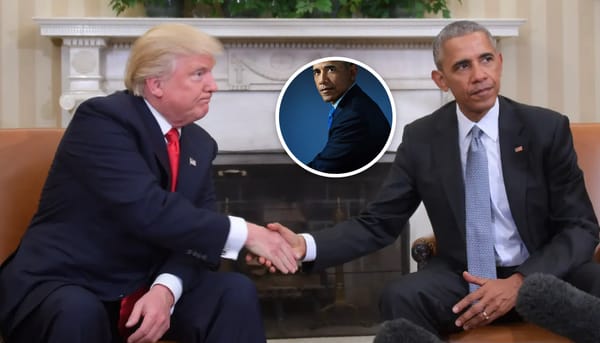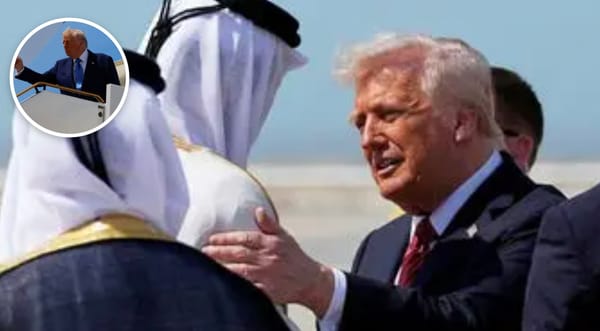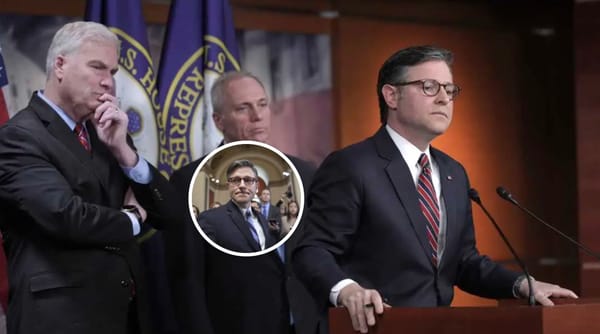Trump lawyers tell Supreme Court presidents can ignore Constitution on citizenship, leaving all 9 justices visibly shocked
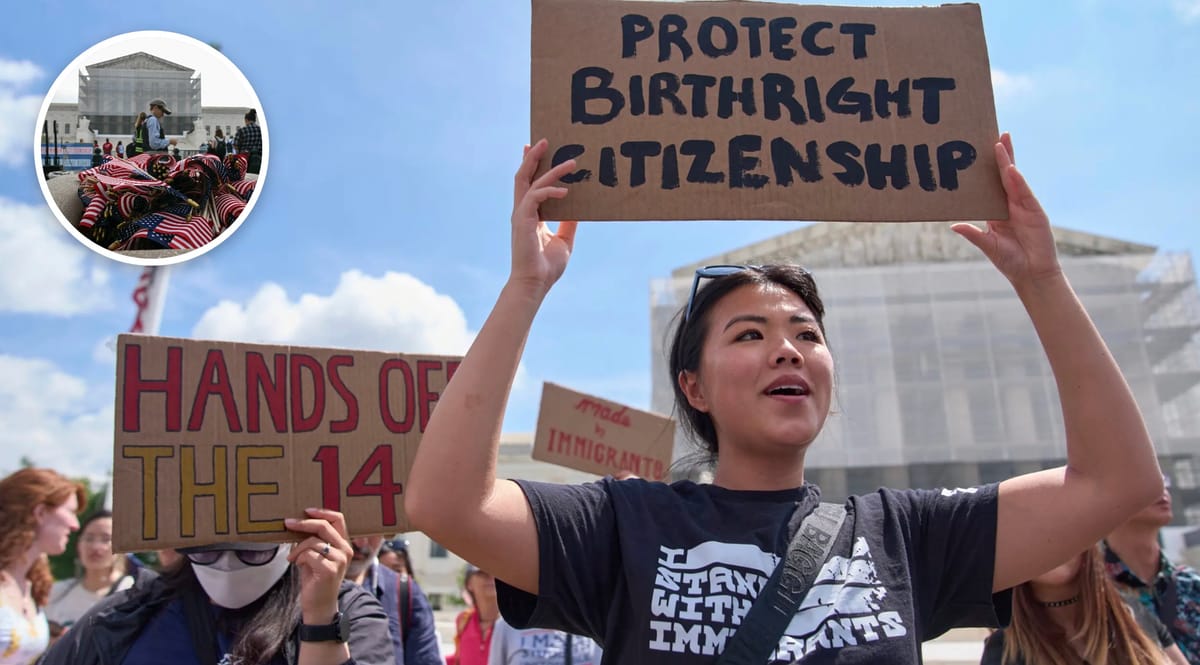
In an unprecedented moment before the nation's highest court, Trump administration lawyers made a claim so extraordinary that justices from both sides of the ideological spectrum appeared visibly taken aback.
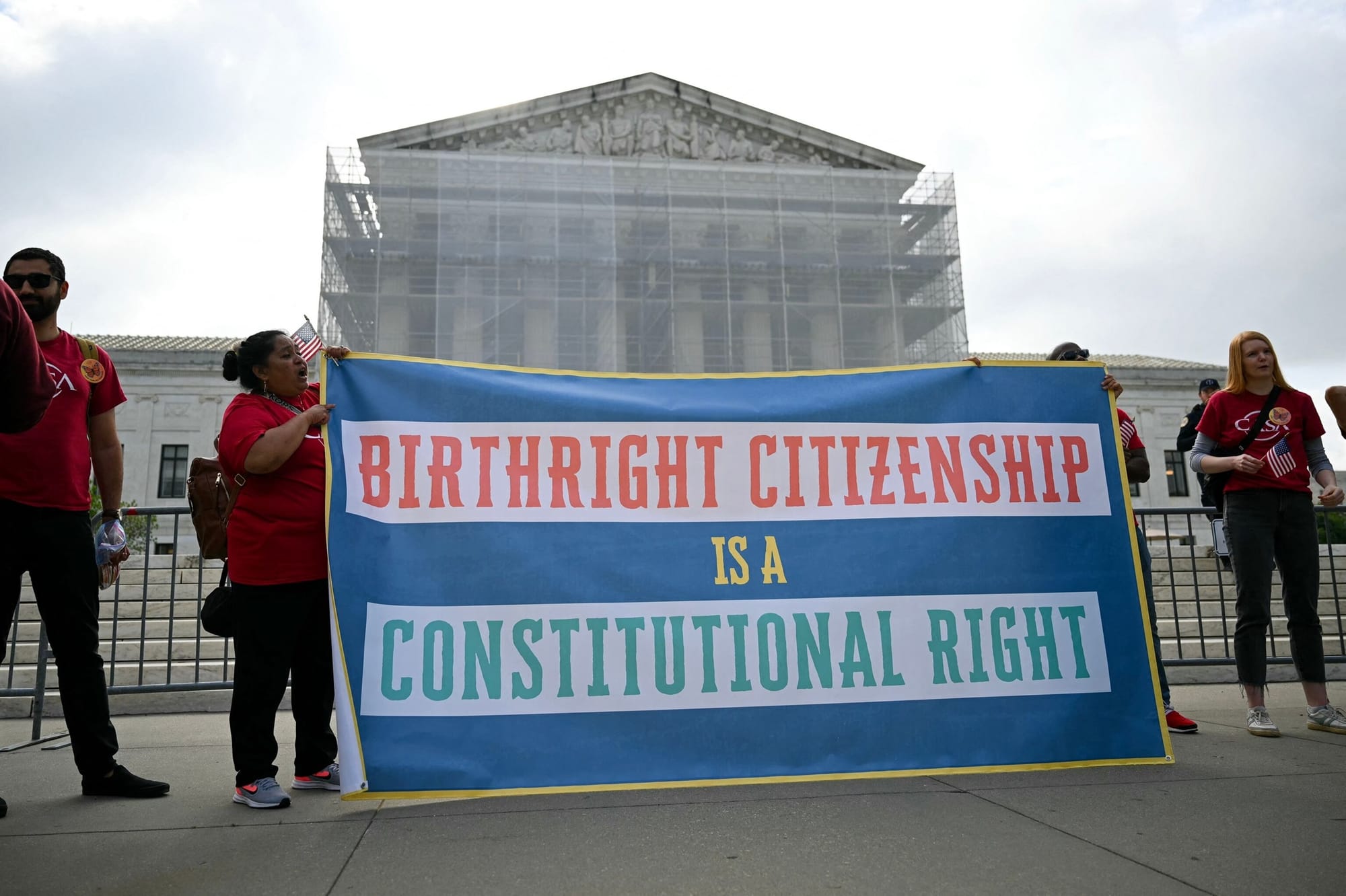
A Constitutional Showdown Over Birthright Citizenship
At the center of the controversy is Executive Order 14,160, signed by President Trump on his first day back in office this January.
The order declares that "United States citizenship does not automatically extend to persons born in the United States" - specifically targeting children of parents who are in the country illegally.
This directly challenges the 14th Amendment's citizenship clause, which has been interpreted for over 150 years to grant automatic citizenship to anyone born on U.S. soil.
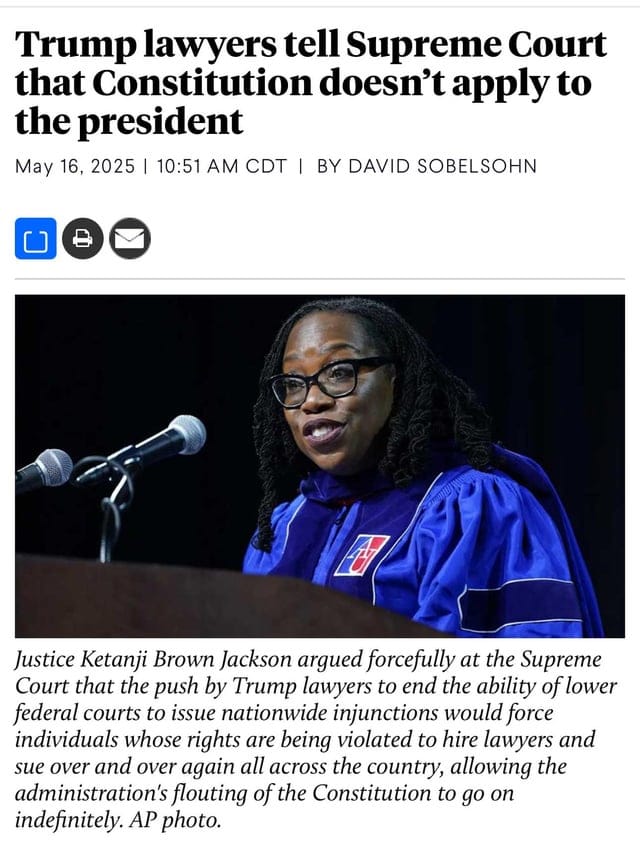
The plaintiffs in the case include 23 states, immigrant advocacy organizations, and five pregnant women using pseudonyms out of fear of deportation.
Every lower court that has examined the order has declared it unconstitutional, with one Reagan-appointed judge calling it "blatantly unconstitutional."
The Legal Battle Takes an Unexpected Turn
While most observers expected the Supreme Court hearing to focus on the 14th Amendment interpretation, the arguments took a surprising direction.
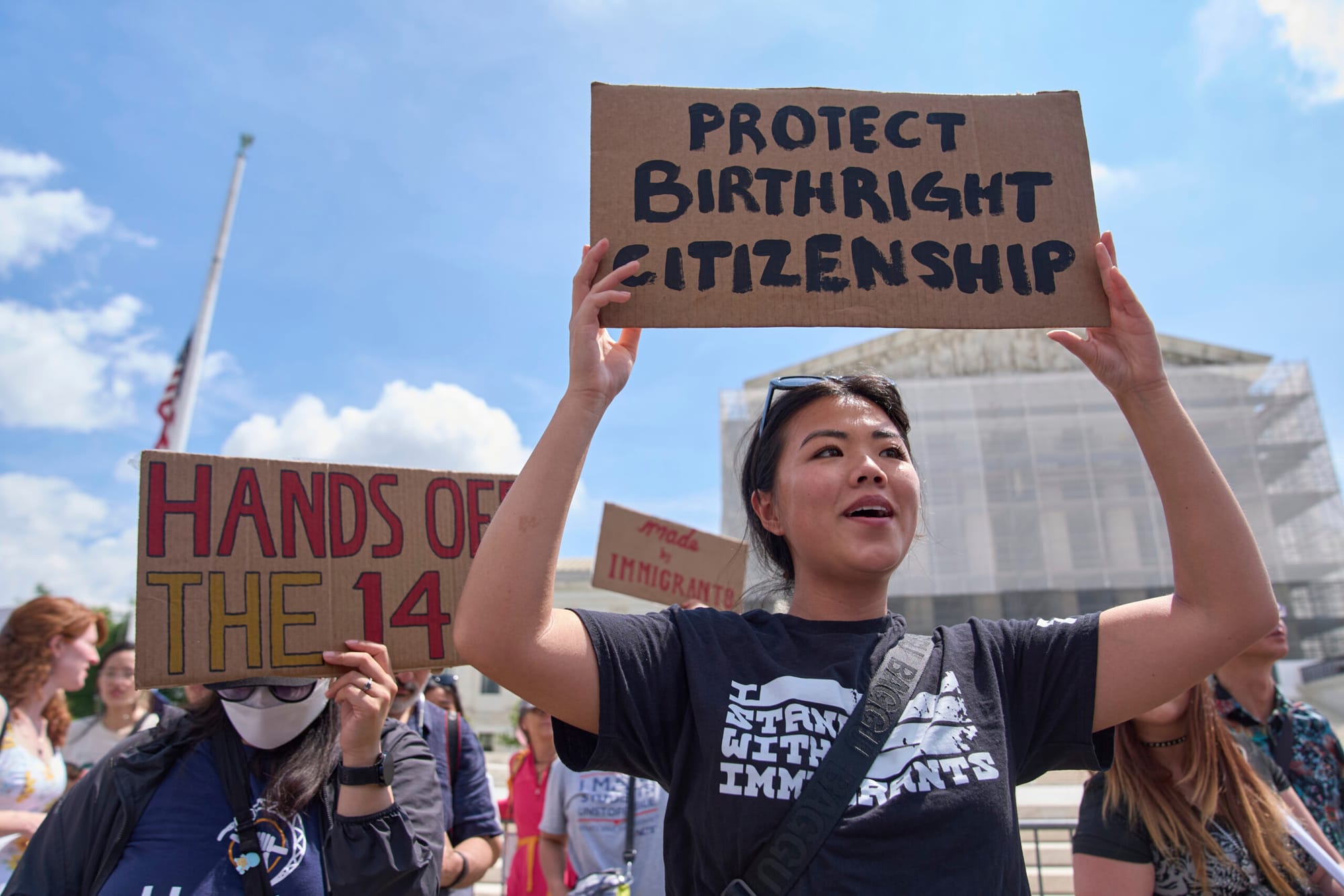
Instead of defending the constitutionality of the executive order, Trump's Solicitor General D. John Sauer focused primarily on challenging the nationwide injunctions issued by lower courts.
These "universal injunctions" suspended the executive order across the entire country while the legal challenges proceeded.
Sauer argued that such broad injunctions create "a host of practical problems" and that only the Supreme Court should have the power to issue nationwide rulings.
The Moment That Stunned the Court
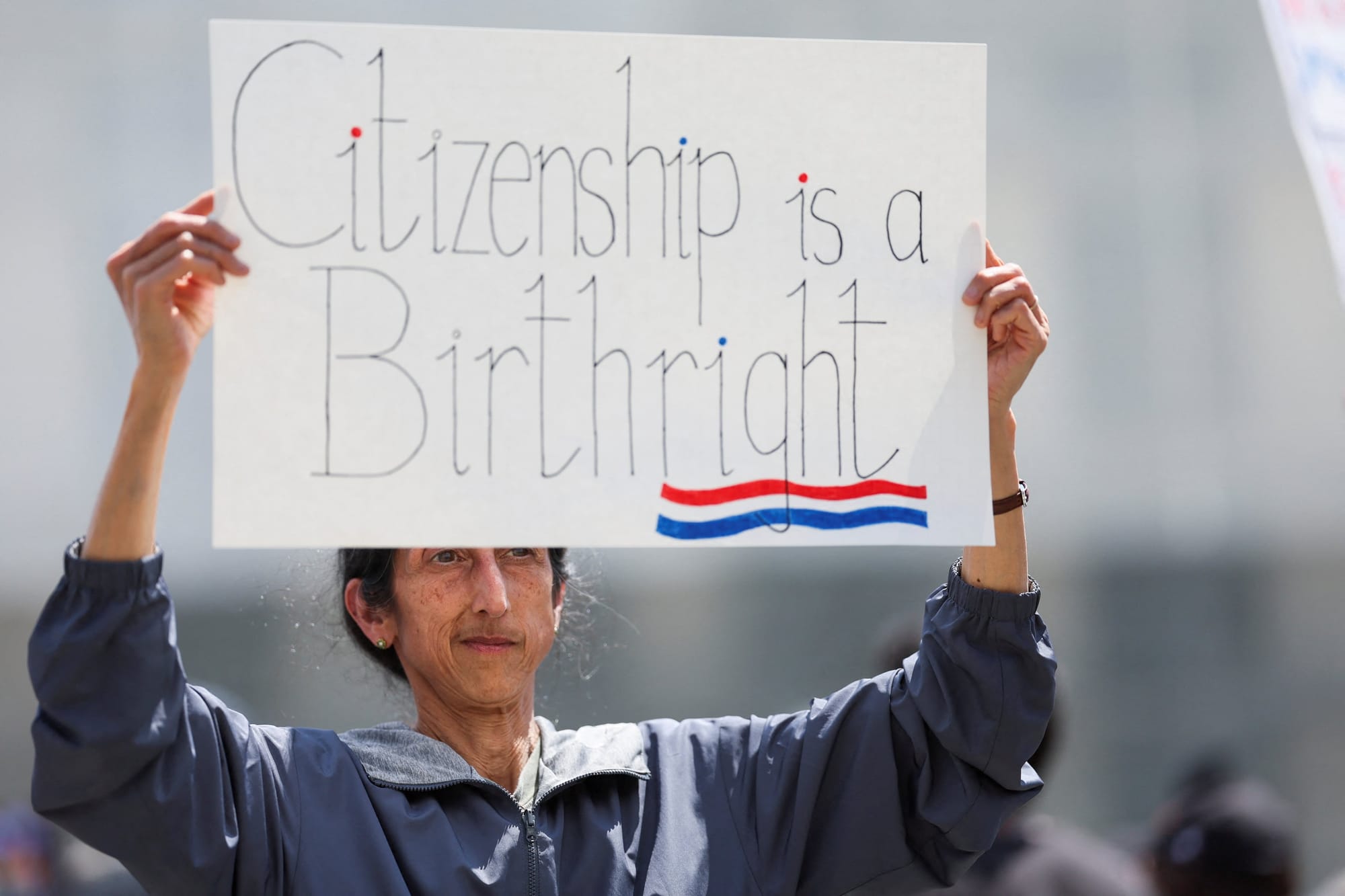
When pressed by justices about what would happen if lower courts ruled against the administration, Sauer's response left the courtroom in apparent disbelief.
He suggested that the administration would only respect an order from the Supreme Court itself - effectively claiming that lower federal court rulings could be ignored by the executive branch.
This position prompted Justice Amy Coney Barrett to ask, in effect, "Really?"
Justice Ketanji Brown Jackson went further, accusing Sauer of trying to turn federal courts "into a 'catch-me-if-you-can' kind of regime."
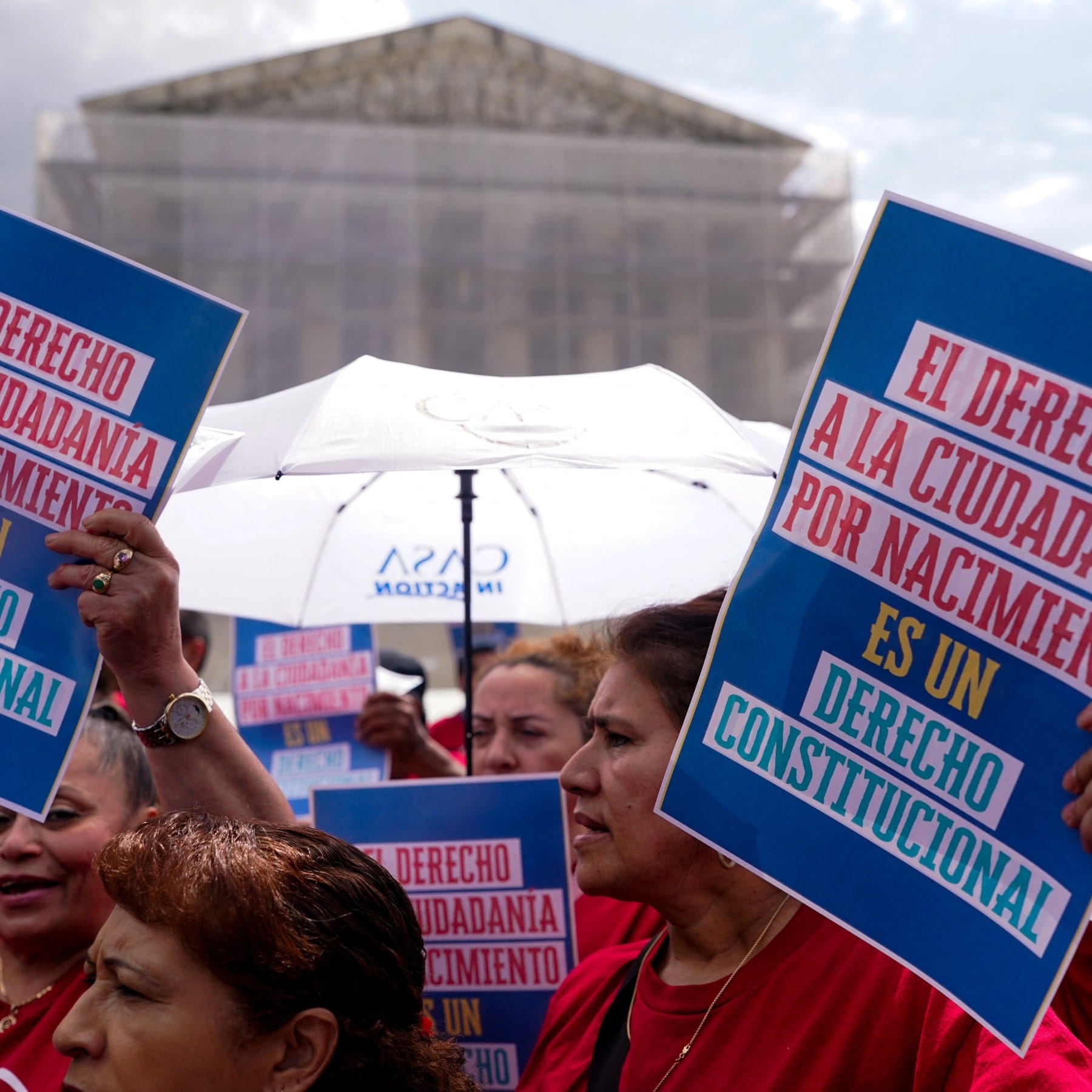
Justice Sonia Sotomayor posed a hypothetical that appeared to stump Sauer: What if a new president decided to seize everyone's guns - would every gun owner have to file a separate lawsuit to protect their Second Amendment rights?
The Constitutional Crisis at Hand
The implications of the administration's position extend far beyond the birthright citizenship debate.
If accepted, it would fundamentally alter the balance of power between the three branches of government that has existed since the founding of the republic.
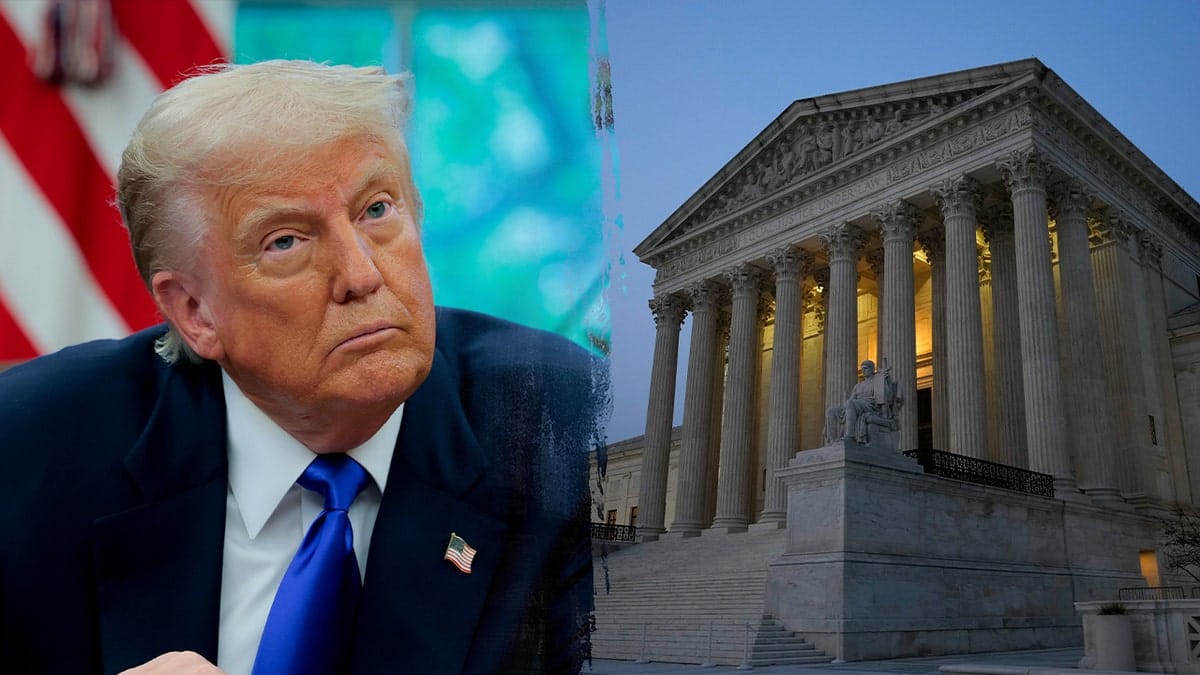
The core revelation that shocked the court was not just the administration's novel interpretation of the 14th Amendment, but the broader claim that a president could effectively ignore lower court rulings they disagree with.
This position appeared to undermine the fundamental principle of judicial review established in Marbury v. Madison over 200 years ago, which gives courts the power to strike down unconstitutional laws and actions.
Even the court's most conservative justices seemed troubled by this assertion of executive power that would place presidents partially beyond constitutional constraints.
The administration's position suggests that without Supreme Court intervention, a president could potentially continue enforcing policies that lower courts have deemed unconstitutional.
A decision in these combined cases is expected by early summer, with profound implications for both immigration policy and the constitutional separation of powers.
